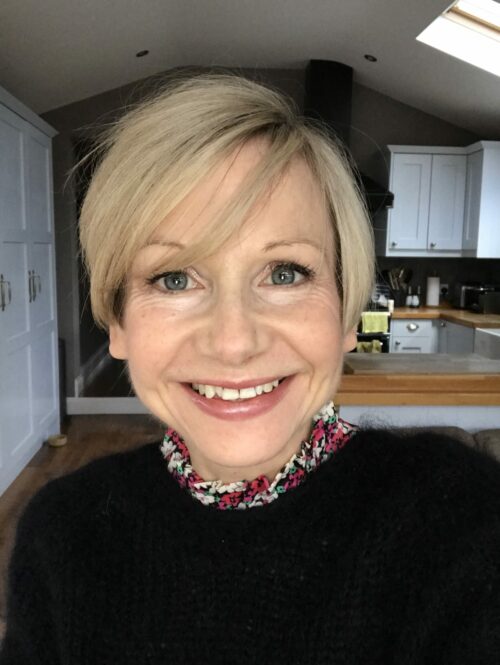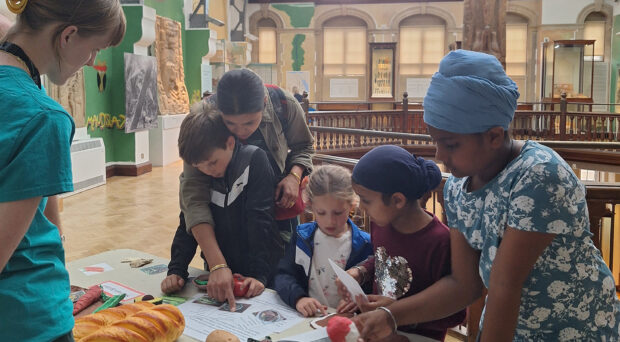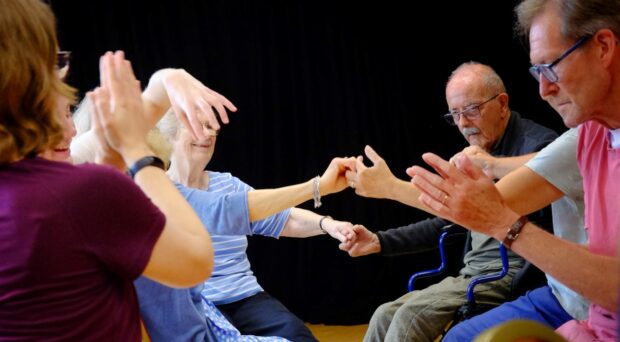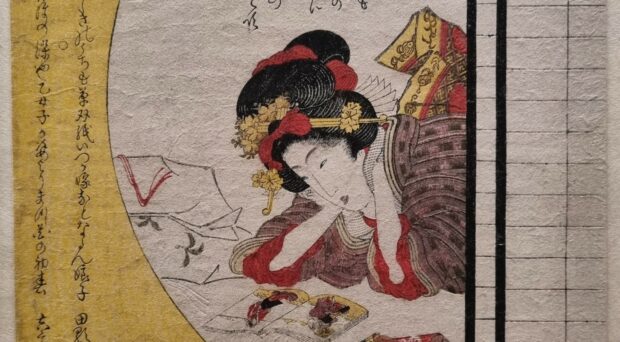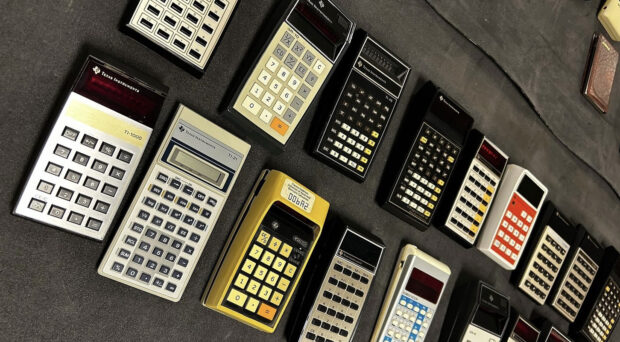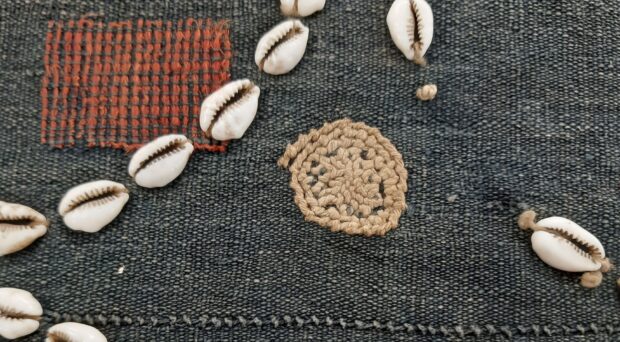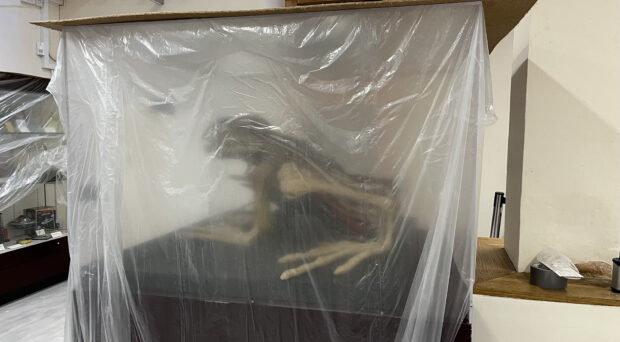Covering the period 1 June – 30 September 2023, this post shares key statistics from our 7 museums and Botanic Garden and provides an insight into some of the stories behind our NPO-funded Collections In Action programme themes: Social Justice, Our Planet, Creating Opportunities, Health and Wellbeing, as well as our underpinning programme enablement activity.
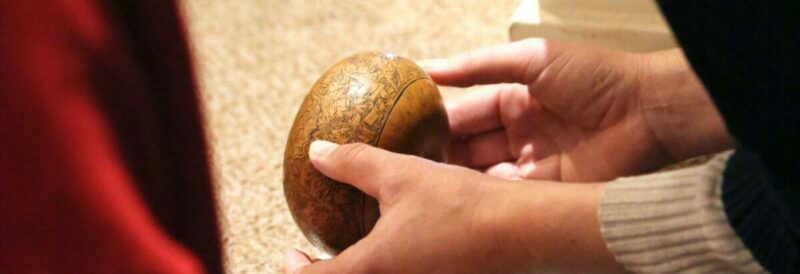
Key Statistics
Audience numbers are now exceeding pre-pandemic levels and numbers are continuing to rise.
We welcomed 371,522 visitors over the last quarter – an increase of 43,521 on the previous quarter and 61,037 more than we received during the same period last year.
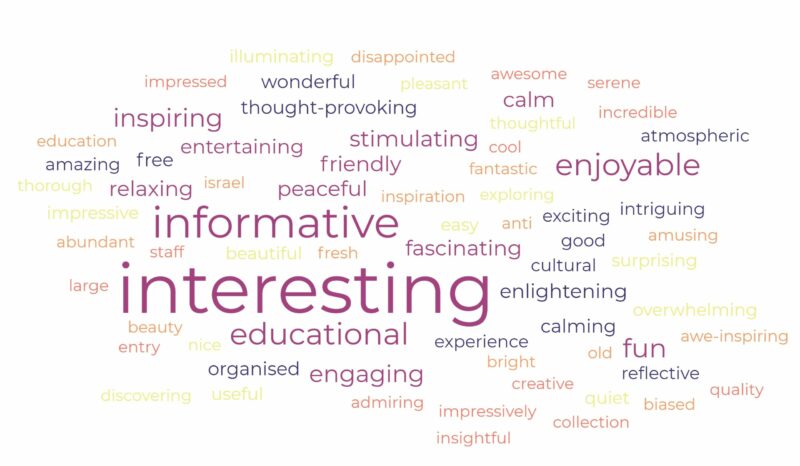
Our varied public programme continues to attract audiences
- 14, 707 adults, children and young people took part in events, talks and activities which was a small increase compared to the previous quarter and roughly in line with last year’s numbers
- We engaged with these participants almost entirely in person (94% onsite and 5% in person at another location).
While numbers for formal learning participants remains strong
- 7,959 CYP aged 0-19 took part in schools or formal learning sessions over this period
- Children in KS2 (ages 8 – 11) accounted for 40% of all school sessions
- We taught 505 undergraduate and postgraduate students
- Despite covering the summer holidays, formal teaching numbers have increased by 200 in comparison to the same period in 2022.
This period has seen us working to embed delivery of our new NPO programme around the main themes of Social Justice, Our Planet, Creating Opportunities, Health and Wellbeing and Programme Enablement. This has included the launch of our Collections in Action Research & Development small grants funding, which invites colleagues from our museums and Garden to apply for grants for projects on the themes of Social Justice and Our Planet.
Case Studies: Social Justice
Museum pop-ups
Since our last update, work surrounding the legacies of empire and enslavement, and our Power and Memory programme of events, displays, workshops and community-led discussions has continued. From the outset, engagement with our communities and staff has been central to this work and has remained a major aspect of the activity delivered over the last quarter.
June and July saw us popping-up in libraries and other community settings with our Collections Campaigns Chest. Inspired by Thomas Clarkson’s Abolition of Slavery chest at Wisbech & Fenland Museum, this box of handling objects from across the museums has enabled participants to look, handle and respond to objects with links to empire and enslavement, and learn about the work museums are doing to tell more diverse and inclusive stories. A key aim of the project has been facilitating conversations with our local communities, finding out more about how they wish to engage with this subject and with our museums in general.
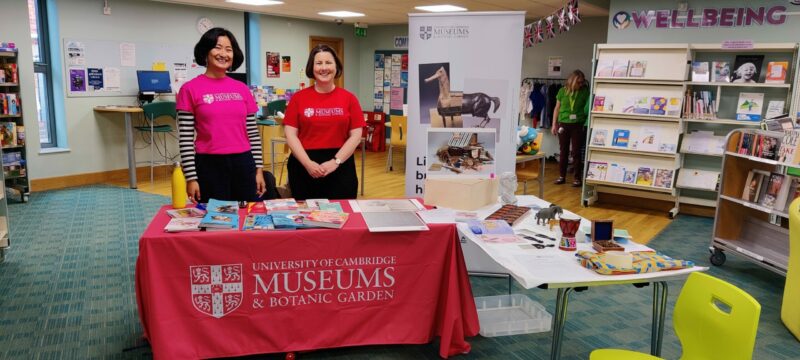
We visited 7 locations and engaged with 236 people across Cambridgeshire, many of whom used the opportunity to share their own knowledge and make connections with local history. Feedback from visitors demonstrated the significance and relevance of inviting the public to engage with our work in and outside the museums:
I was fascinated by the Campaign Chest and the linkages to colonialism and enslavement. It got me thinking. I will visit Thomas Clarkson’s chest in Wisbech and the Fitzwilliam’s exhibition
It was a lovely surprise visiting the Museum Pop-up. It not only informed about Thomas Clarkson’s chest, but also Olaudah Equiano’s history connections to Ely
Open Call
By inviting members of the community to contribute ideas for activities on the theme of Power, our Power to the Programme Open Call for community events has aimed to raise the profile of community voices in our museums. Following initial submissions, we have been working with 4 local artists and practitioners in developing their events. In July, 80 participants took part in a Paper Boat Making event at the Fitzwilliam Museum, co-designed and delivered by Open Call respondent, Suman Gujral. Using delicate, handmade Lokta paper (a reference to the artist’s heritage as a descendant of immigrants and refugees) families made boats and added messages, creating an installation which grew throughout the day. The event encouraged visitors to reflect on the idea of journeys, travelling from another country and being a refugee. The event ran during South Asian Heritage Month whose theme for 2023 was ‘Stories we tell’.
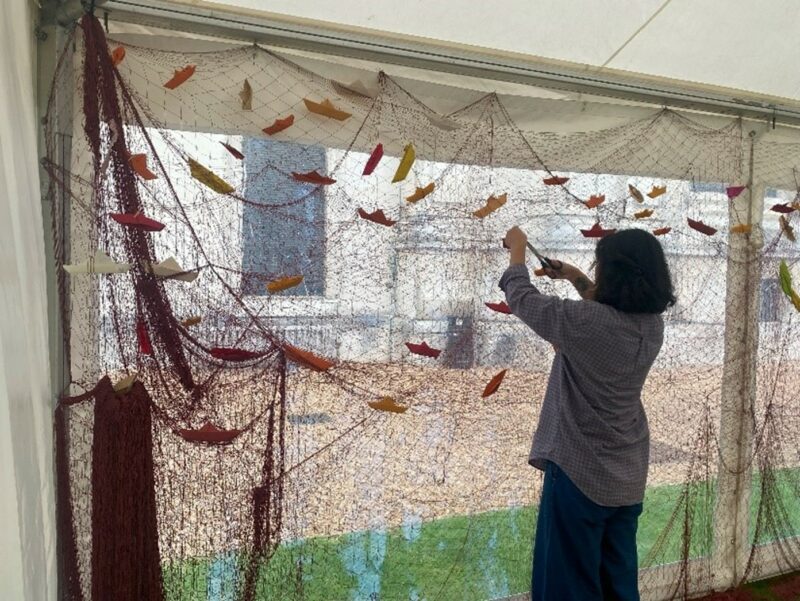
Feeding back on their experience, visitors commented:
[I felt] A greater connection to the journeys and displacements of people
It was a fantastic thought to link refugee ordeals/experiences to this activity
[Museums are] certainly organising events to engage people from different backgrounds and make this an enjoyable experience
While collaborator and artist, Suman Gujral noted:
Families took part together and parents discussed their own histories with their children and their responses to the current migration crisis. One family had travelled from London and were in the middle of applying for Asylum which showed how important this topic is.
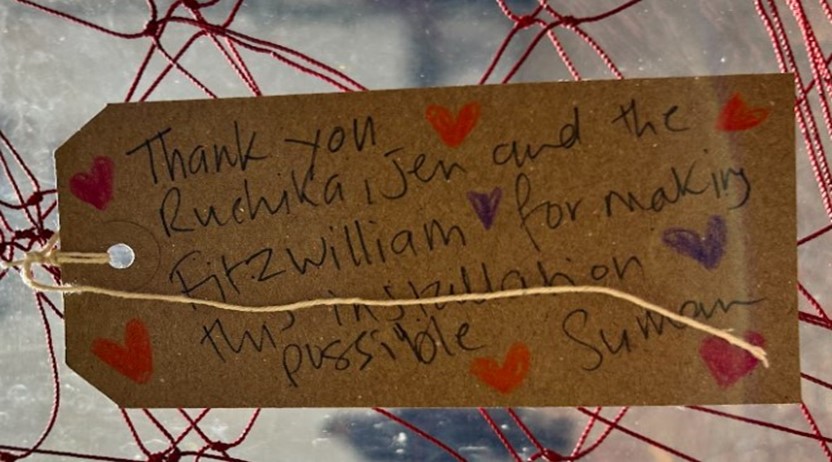
Case Studies: Our Planet
Climate change and responding to environmental challenges is a real concern for our audiences. A recent national survey of 17,500 visitors across 86 cultural venues indicates that:
- 77% think cultural organisations have a responsibility to influence society to make radical change
- More than half expect organisations to engage with audiences and facilitate conversation about the climate emergency
Dear Planet Earth
Our Collections in Action R&D grants support museum activity which responds to our key programme strands, including work which explores environmental change, biodiversity loss and unsustainable living. Recent examples include the Botanic Garden’s Around the World Trail enjoyed by over 5000 visitors, and its Dear Planet Earth event where 983 participants took part in a celebration of the planet and learned more about taking action against climate change.
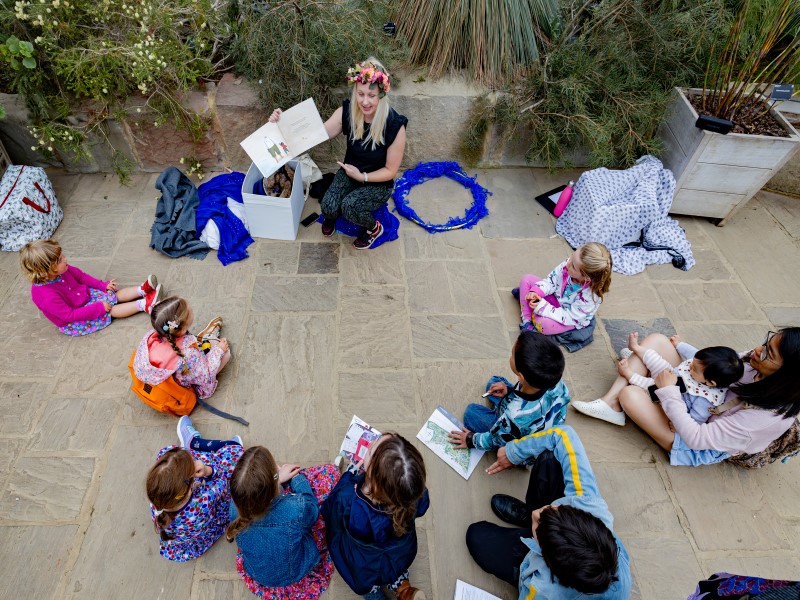
Echoing results from the national survey, feedback from participants indicated that:
- 80% agreed that the theme of the event was an important factor in their decision to attend.
- 70% believed that the Botanic Garden should be trying to engage the local community on the issue of climate change
My children loved hearing the climate scientist speak
[I learned] about the activities and research being done by the University regarding climate change
Visitor feedback
Case Studies: Creating Opportunities
Over the summer, projects such as our work experience programme for Coleridge Community College and North Cambridge Academy students, and paid internships for A-level leavers, have provided an insight into the many museum career paths open to young people. This forms part of our work with young people to raise aspirations, build skills and creative capacity.
Disability-friendly Openings
Other projects focus on building awareness and confidence in accessing our collections for D/deaf, disabled, and neurodivergent (d/DND) young people. Our programme of inclusive, disability-friendly openings and activities recognises that many families with children with special educational needs and disabilities continue to experience barriers to accessing museums and cultural provision. By creating an offer that is specifically tailored to the needs of disabled children and those with sensory sensitivities, families can explore our collections in an inclusive and supportive environment.

Events such as these are important in increasing access to our spaces with 100% of respondents to a recent disability-friendly opening survey agreeing that the museum, ‘understood the different needs of families like mine’.
Other feedback included:
This event offered us time together and time to just be in an understanding environment.
We really rely on the SEN sessions to access the museum.
I never get a chance to make things at home. Sessions like this are a lifesaver.
Case Studies: Health & Wellbeing
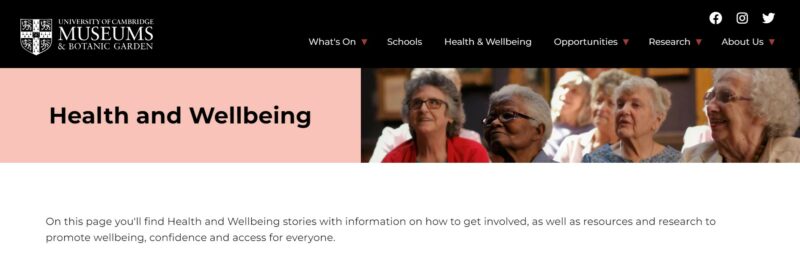
In addition to our work with d/DND audiences, the UCM Inclusion Team deliver programmes focussed on promoting wellbeing, and supporting agency, confidence and access for those experiencing health inequalities. This offer is now available on our new Health and Wellbeing webpage which not only showcases the breadth of the work we do, but also supports the public in accessing this. Over this period, there have been over 350 visits to the page.
Arts and Minds
The impact of both the COVID-19 pandemic and the current cost-of-living crisis continues to have a negative effect on the mental health of many of those living in our local communities. However, with participation in arts and culture being found to, ‘facilitate connection, reduce loneliness, support emotional regulation, increase life satisfaction, and decrease symptoms of depression and anxiety’ museums can often play a role in supporting the mental wellbeing of our visitors.
Our partnership with local charity Arts and Minds provides the opportunity for those experiencing mental health challenges to visit our collections and engage with creative activities in a supportive, inclusive environment. The benefits of participation are highlighted in individual feedback which indicates that following the session:
- 100% felt happier
- 80% felt better
- 100% enjoyed the company of others
- 80% talked to other people
I really enjoyed seeing the Greek objects
[I enjoyed using] new tools – ink work and pastels – which are new to me
The objects were really pleasant/familiar seeming, especially some of the mugs!
Participant feedback
Programme Enablement
We have continued to enable a range of work across our consortium including evaluation and insight, community and practitioner partnerships, and workforce development.
This is especially apparent in our work around our Legacies Programme where we have supported staff and volunteers in developing their knowledge and confidence to engage with this subject. In addition to bitesize lunchtime talks focusing on Geology, Nationalism and Colonialism at the Whipple and Documenting Colonial Legacies in Conservation Practices at MAA, colleagues working in learning and engagement have had the opportunity to learn more about the Collections Campaign Chest through a series of Collections Hour sessions. To support staff in using the chest in their own work, it is accompanied by items including a handbook for educators, a wide range of books, and information sheets on how to put decolonisation into practice.
September saw a busy round-up of Legacies-based events including:
- Change Makers Action Group, this cross-consortium group dedicated to increasing diversity and inclusion in our museums hosted a Legacies panel event where the UCM Legacies team shared their reflections on the project.
- Legacies Symposium, attended by 80 colleagues, this mini conference featured speakers from across the consortium who provided talks on collections research, learning, community outreach projects, and evaluation. The event was captured by a live illustrator who produced a visual record of the event.
Programme evaluation collected through staff surveys and longitudinal interviews with staff reveals the impact of, and commitment to, the Legacies work:
I’ll try to make sure projects I’m supporting consider Legacies and be really mindful about wider work around anti-racist collections and how I might need to adapt my working practices so I’m responding to good practice.
An incredible amount of work has gone into this programme, over many years. Much prestigious funding has been received: I wouldn’t want the effort that many, many colleagues have gone to be lost as we move onto other projects. This really needs to become a bedrock of everything we do. So much has changed over the past few years – let’s not forget where we came from when this project and discussions were initiated.

